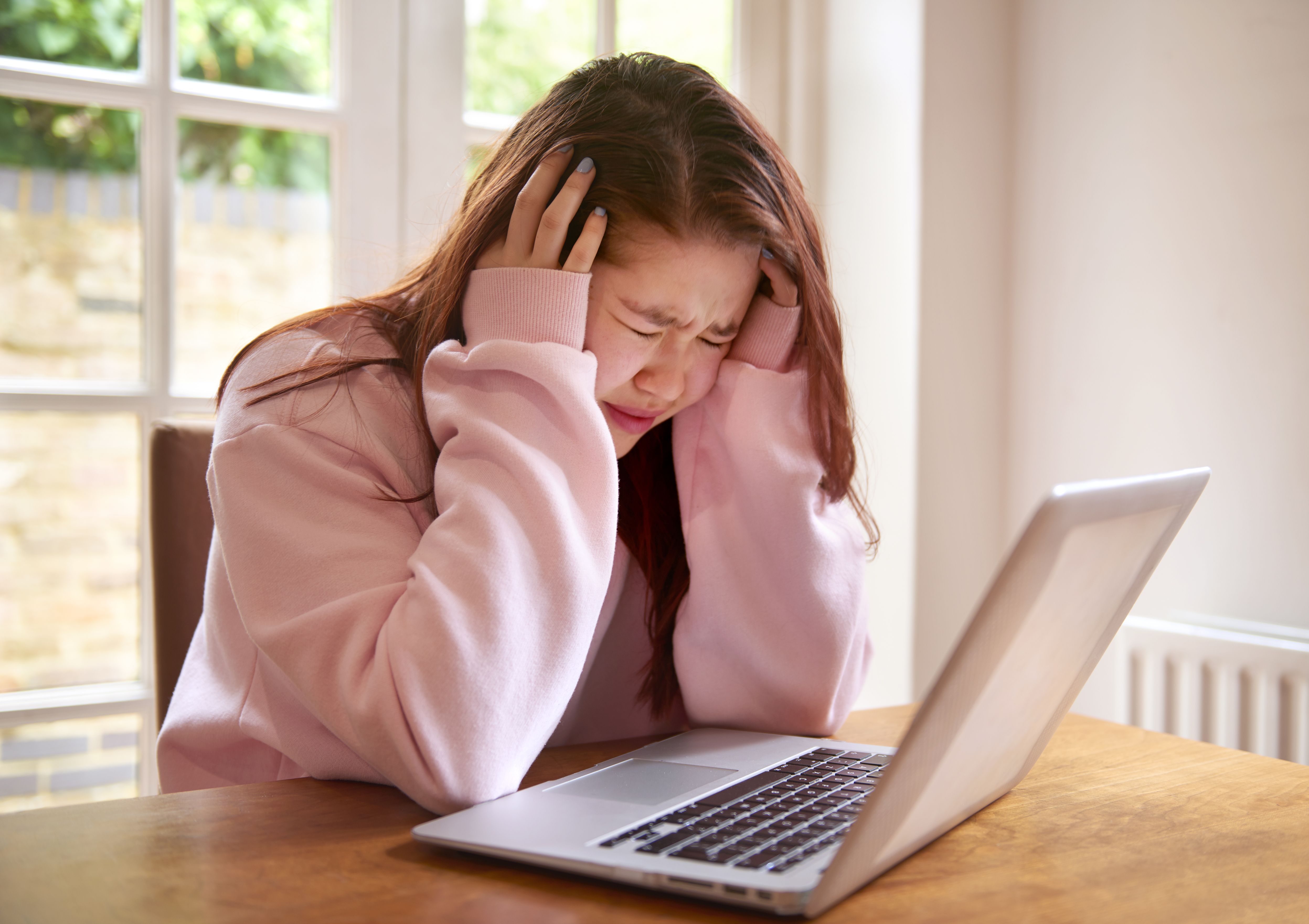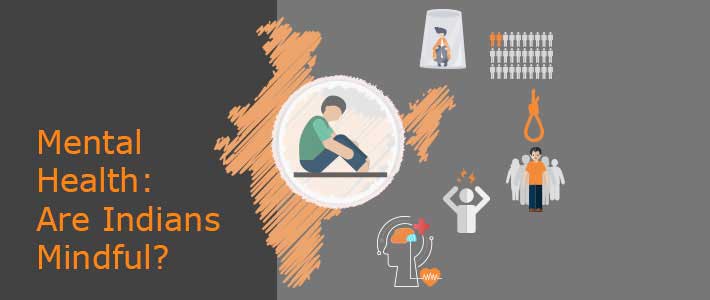Later in the blog:
o discover the fundamental cause of your anxiety, you must first analyze and identify what triggers your anxiety. For example, if you are anxious before exams, it could be due to academic pressure. If you experience uneasiness in social situations, you may be suffering from social anxiety.
A teenage girl sat alone in her room,
Her mind racing and her heart was pounding.
Anxiety had taken control of her.
A storm is raging within, and it is too much to bear.
She felt pressure to be perfect,
To constantly excel, and to never fail.
The never-ending demands that life flung at her,
Left her nervous day after day.
The teenage years are a time of tremendous development and progress. It’s a period of new experiences and learning, but it may also be fraught with fear. You encounter a lot of strain as a teenager: academic expectations, social pressure, familial issues, and the ongoing urge to find out who you are and what you want to do with your life. All of these stresses can lead to anxiety, which is a difficult emotion to manage. However, with the right tools and support, it is possible to cope with teen anxiety and emerge stronger and more resilient.
Teenage anxiety is a form of anxiety condition that occurs in adolescents. Anxiety is a natural and even required feeling that aids us in responding to risks and challenges in our surroundings. When worry becomes overwhelming, though, it can interfere with daily life and cause distress.
Let me tell you a small story
Sandhya had always been a worrier, but her anxiety had recently become unbearable. She couldn’t sleep, she couldn’t eat, and she felt like she was on the point of a panic attack all the time.
It all began when she started high school. The pressure to fit in and succeed was intense. She was convinced that everyone was looking down on her, and she couldn’t get rid of the sensation that she wasn’t good enough.
Sandhya’s grades began to fall, and she began to withdraw from her friends and family. She was too terrified to tell anyone about her sentiments for fear of being labeled as weak or insane.
Later in the story
Her mind raced with thoughts of failures
Of not meeting expectations, a looming danger.
Her heart raced with each passing moment,
As anxiety took over, an unwelcome opponent.
Sandhya’s English teacher observed she seemed, especially worried one day. After class, she asked her privately whether everything was alright. Sandhya initially attempted to dismiss it, but the concern in her teacher’s eyes caused her to open up.
She was surprised to find that her teacher was incredibly understanding. She explained to her that anxiety is a common problem among teenagers and that there is no need to be ashamed of it.
The girl longed for a way to break free,
From the grip of anxiety, to finally see
A world without worry and fear,
A life where happiness could always be near.
She tried to cope with all her might,
But anxiety was a fierce fight.
She struggled to make it through each day,
Feeling lost, alone, and afraid.
Sandhya started therapy sessions at the suggestion of her teacher. Though it wasn’t simple at first, she eventually mastered the ability to identify her stressors and take action when she felt overwhelmed. Additionally, she began sharing her feelings with her loved ones, who were understanding and supportive.
Though it wasn’t an easy journey, Sandhya gradually began to feel like herself once more. She discovered that asking for assistance is acceptable and does not indicate weakness. She also discovered that she wasn’t the only adolescent who has anxiousness.

Although Sandhya still experiences bad days, she now has the resources and assistance she needs to deal with her anxiety. She is appreciative to her English teacher for recognizing her difficulties and encouraging her to get assistance. She is pleased with herself for having the guts to start the mending process.
But then she realized she was not alone,
That others too had anxiety unknown.
She found comfort in the support of friends,
Who helped her battle through to the end.
Thus……….
Determine the source of your anxiety.
Understanding the fundamental cause of your worry is the first step in controlling teen anxiety. Anxiety can arise from a multitude of factors for many teenagers, including scholastic pressure, social anxiety, familial troubles, and personal anxieties. To discover the fundamental cause of your anxiety, you must first analyze and identify what triggers your anxiety. For example, if you are anxious before exams, it could be due to academic pressure. If you experience uneasiness in social situations, you may be suffering from social anxiety.
Recognize the symptoms of anxiety
Teenage anxiety can present itself in a variety of ways for various people. Anxiety symptoms include the following:
Are you nervous or tense?
You are experiencing a fast heartbeat
& Sweating too
Concentration issues?
Feeling agitated or tense?
Recognizing anxiety symptoms is the first step towards gaining control of it. If you are experiencing any of these symptoms, it is critical that you recognize them and take action to manage them.
Avoid situations or places that trigger anxiety

Create a support system.
Navigating teenage anxiety may be a lonely process, which is why it is critical to develop a support network. Parents, friends, teachers, or counselors could all be included. Find someone you can talk to who you can trust and who can offer you emotional support as well as practical advice. When you need assistance, don’t be hesitant to ask for it.
Use relaxing techniques.
When you are nervous, your body enters “fight or flight” mode, which can cause physical symptoms such as rapid heartbeat and sweating. Relaxation techniques can help you calm your mind and body while also reducing physical symptoms of Teenage anxiety. Deep breathing, meditation, yoga, and gradual muscle relaxation are some relaxation strategies.
She learned to take deep breaths and relax,
To focus on the present and take steps back.
To challenge negative thoughts with positivity,
And to find joy in every opportunity.
Continue to be active.
Exercise is a fantastic technique to relieve anxiety. Endorphins, which are natural mood boosters, are released by the body when you exercise. Exercise on a regular basis can help you manage stress, reduce anxiety, and enhance your general well-being. Make a regular habit of doing something you enjoy, such as running, dancing, or playing a sport.
Maintain good sleep hygiene.
Sleep is essential for both physical and mental well-being. Sleep deprivation can aggravate anxiety and make it difficult to cope with stress. Make sure you get enough sleep each night and that you have appropriate sleep hygiene. This includes creating a sleep-friendly environment by keeping your room cold and dark, avoiding devices before bedtime, and adhering to a consistent sleep schedule.
Challenge negative thinking pattern
Teenage anxiety frequently leads to negative thought processes such as catastrophizing or overgeneralizing. These patterns of thought can exacerbate anxiety and make it difficult to regulate. Negative thoughts can be challenged by asking oneself questions such as “Is this thought realistic?” or “What evidence do I have to support this thought?” This can assist you in rephrasing negative thoughts in a more positive and realistic manner.
Seek professional assistance.
If your anxiety is interfering with your daily life, you should seek professional assistance. A mental health expert, such as a therapist or counselor, can help you manage your anxiety by providing you with tools and methods. They can also assist you.
With each day, she grew stronger and more resilient,
Her anxiety is no longer so omnipotent.
She realized that while anxiety may always be near,
She had the power to overcome it and conquer fear.
So to all the teens who feel anxiety strain,
Know that you are not alone in your pain.
With the right support and coping tools,
You too can find the strength to break through.



